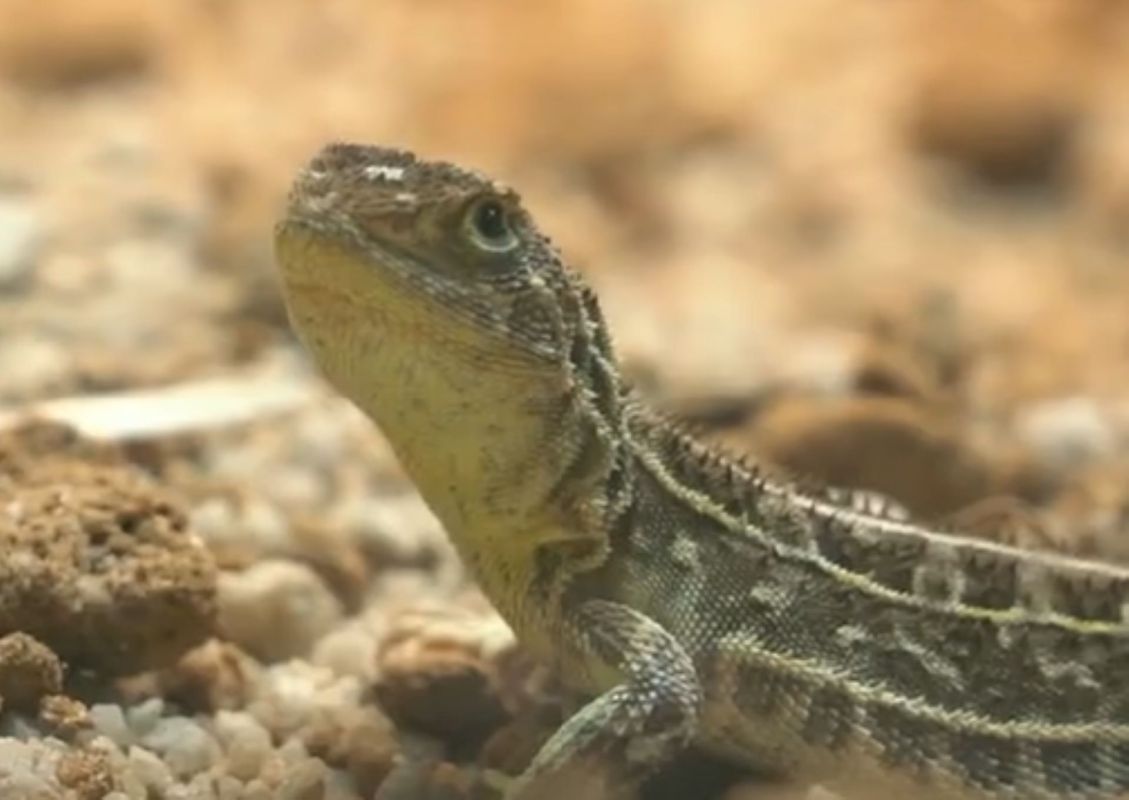A rare lizard species thought to be extinct has been spotted in the Australian state of Victoria. The Victorian and Australian governments recently announced that the Victorian grassland earless dragon — a small, brown-and-tan lizard with tiny spikes on its back — has been spotted for the first time since 1969. It's still unclear exactly where the lizard was spotted, as authorities are keeping the precise location confidential.
The population of this rare reptile dropped rapidly in recent decades due to habitat loss and an increase in predators. However, the earless dragon is far from the only animal we've seen disappear quickly because of human activities.
The extinction of many species has sped up by a rate of 1,000 to even 10,000 times faster than normal.
Human behaviors such as deforestation and overhunting as well as pollution-causing entities like vehicles and factories are largely to blame. In fact, 99% of all species that have ever lived are now extinct. And there are more than 26,500 species at risk of extinction.
Though it might seem like a tiny reptile disappearing wouldn't have big implications, it does. Our ecosystem relies on a fragile balance of biodiversity to survive. Every time a species goes extinct, we suffer a butterfly effect throughout the food chain.
For example, any animals that once ate the extinct species must start preying on other wildlife, creating an imbalance elsewhere. Or, in some cases, one species might be responsible for preventing the overpopulation of another.
The earless dragon's reemergence gives hope that perhaps efforts to reduce humanity's impact on the planet through things like conservation efforts and cleaner energy solutions might be working.
In the case of the earless dragon, officials praised the discovery and used it as an opportunity to encourage the further preservation of our planet.
"It's such exciting news that the Victorian grassland earless dragon has been rediscovered. It's a reminder about why it's so important to invest in habitat restoration and the eradication of feral species like cats and foxes," Tanya Plibersek, Australia's federal environment minister, said in a statement reported on by the Guardian.
Join our free newsletter for cool news and cool tips that make it easy to help yourself while helping the planet.









